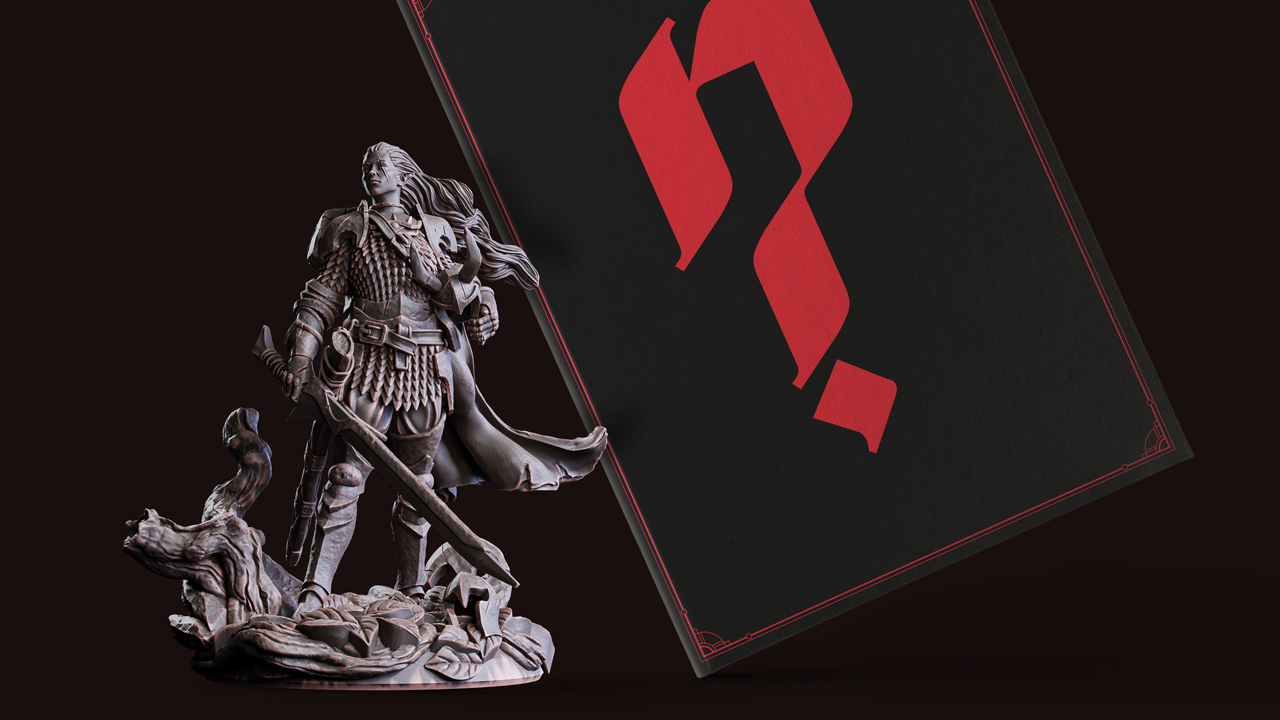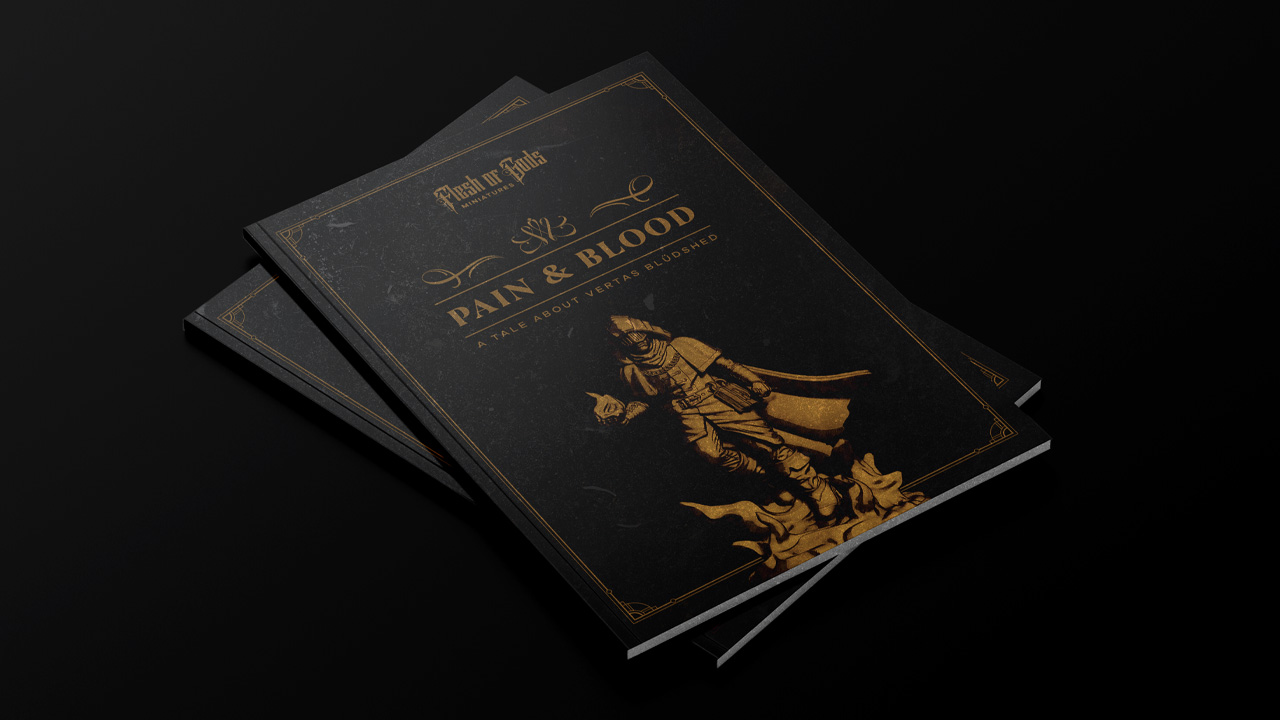
by Philipi Schneider
As many of you might already know — and if you didn't, you're finding out now — 'Flesh of Gods' will soon, I hope, unveil an original and never-before-seen book, a tale recounting a grand epic adventure within its universe. We want to share our journey with all of you: discussing the entire writing process, the journey, the challenges, the paths chosen at crossroads, which could either lead to idyllic destinations or trails of chaos. To kick things off, we've decided to introduce ourselves, showing the world that there's a person behind this story's creation, with their history, personality, and quirks — and not a ChatGPT implementation.
Of Friends, Literary Experiments And Bad Ideas
Hi, my name is Philipi Schneider, and I will be the writer of the first novel about the world and characters of Flesh of Gods. Over the next few months, I will share with you my journey in imagining and writing this story, and I hope and wish that we, together, can discuss possibilities, solve problems, get lost in a fantastic and mysterious world, find new and original paths, and perhaps, even make some friends along the way (or, at the very least, not make enemies).
Speaking of friends and enemies, it was through one of my friendships that my story with Flesh of Gods began.
I've known Marcus, one of the founders of 'Flesh of Gods', for over a decade. We studied together in college. Our bond strengthened due to my healthy habit of pestering teachers with impertinent questions and remarks (don't do this, be nice to your teachers), a habit that my friend curiously found very amusing.
During that time, Marcus was my guinea pig for my literary experiments. I penned two novels, of which he was among the first readers. The first, a brief novel titled 'Tessitura', is a peculiar and disjointed fantastical work about a postgraduate math student who starts hallucinating and noticing odd patterns in the world around him, all while reflecting on his own existence. The book has its merits, but it's overly introspective and self-indulgent. Fortunately, my debut novel wasn't a hit, and I made sure to erase all evidence of its existence — today, it's nowhere to be found.
My second book, titled 'In the Name of the Image', is something of a thriller sprinkled with numerous digressions on photography, aesthetics, the art market, and the morality of artistic production amidst many bizarre and scatological scenes. Sadly, it's only available in Portuguese.
In the meantime, my friend Marcus had begun studying digital sculpture, and later on, co-founded 'Flesh of Gods' with other partners. At the company's inception, we started discussing stories for the characters depicted in the sculptures, but it was all quite casual. In one of those talks, I suggested a story about a bard — the classic fantasy and RPG bard figure — inspired by the singer Raul Seixas. Well, Raul Seixas was a pivotal figure in Brazilian rock music. He blended rock 'n roll with traditional northeastern rhythms, embraced both mockery and religiosity, delved into mysticism and occultism, studied Aleister Crowley, experienced the rise and fall of idols, dying young and alone. Unfortunately, this story idea remained — and remains — just a suggestion. My friend thought I was joking, but it was a genuine plot suggestion for a tale.
Our conversations continued. Then, one night, over beers and slightly tipsy, we agreed to conduct an experiment. I would write a short story, just to test the waters. If it turned out well, we'd continue.
The Blood of Vertas And The Challenges of World-Building

Among the initial characters, there was one named Vertas Bludshed (what a terrible name). I chose him for this debut tale, which was essentially an origin story.
Editor’s note: You can read this tale here, but it shouldn't be considered canon for future stories. We're essentially overhauling the entire Flesh of Gods universe.
Vertas Bludshed was a prisoner in a peculiar city that centered its entire existence around a sinister blood cult. Vertas was kept alive for one sole purpose: to continuously provide blood for his vile jailers.
I won't summarize how the story concludes here. I mention this initial tale because it highlighted a significant challenge I would face in the stories I was about to write. I was crafting a fantasy tale. Creating a world practically from scratch. Any rule I wanted to set, any quirk in how things operated was allowed. But that wouldn't be an excuse to neglect plausibility.
I realized that Vertas had been imprisoned for years. For years, his blood was harvested for the most heinous rituals. Throughout this ordeal, he could have perished. Whether from an infection, an unhealed cut, hunger, thirst... I could establish in this world that bacteria and infections simply weren't an issue, gloss over it, but that would be too easy. And worse, it would be unfair to the reader. I couldn't deliver an adventure — no matter how brief and unassuming — where the protagonist's challenges are magically solved by his environment — yes, I know, poor choice of words, challenges can be solved by magic, but not without genuine difficulty, not without real effort. Hence, I had to clarify for the reader that Vertas' captors had at least basic knowledge of how to prevent infections, even though there's no Louis Pasteur in this universe.
Another challenge: tubes. In the story, I established that they used needles to draw blood, but have you ever pondered how needles are crafted? How does one make such a thin, hollow steel rod? Even though the blacksmith is a staple in fantasy universes, and even though highly skilled blacksmiths are present in all major works — except in the 'Rings of Power' series — can you imagine a blacksmith crafting a needle by hammering steel on an anvil? I can't. By the way, how are needles made? It's an intriguing topic. But... what about tubes? Were there flexible tubes in the Middle Ages? Were there hoses? Rubber tubes? I then realized that to have tubes, one must know of latex, and of the rubber tree, native to the Amazon. And rubber tubes only began to be used during the Industrial Revolution. To maintain a consistent setting within this universe — a fantastical universe with an ongoing Industrial Revolution would lean towards steampunk, which is also an interesting genre, but not our aim — I sought another solution for blood channeling that didn't involve flexible tubes. All this to say, if I ever pen a cheap solution such as a scene of a knight clad in medieval armor dropping his sword, drawing his pistol, and battling dragons with bullets, you can hold me accountable.
Vertas Bludshed was a success, mainly among ourselves. From this small story we started envisioning a much bigger setting and it paved the way for tales that began to outline the actions of the Guild, its heroes, its villains, and the world of 'Flesh of Gods'.
What's Next?
In the next post, I'll continue discussing the universe's development. I'll touch upon the Compendium, a text meant to be public but never saw the light of day, and how it was crucial for the development of this incredible universe — and I say incredible not as a marketing buzzword, but because it's evolving into a rich universe with amazing storytelling opportunities — that's morphing into a novel.
A 'Flesh of Gods' Novel.
Until next time!
